Considerations Before Installing a Solar Panel in Your Home
Solar panels are a great way to save money on your electricity bill, but they're not for everyone. Solar panels can be an expensive investment upfront and you may not get all the benefits of using solar power if your home is shaded, in a valley, or another area with limited sun exposure. Solar panels also typically need maintenance every 2-5 years which can cost hundreds of dollars per year depending on how much power you use.
If you live in an apartment building, condo complex, or another multi-family dwelling where space is limited, there might not be enough roof space available to install the necessary number of solar panels to generate enough energy for the entire community. And while most people think that solar power systems are environmentally friendly, there are many heavy metals used to create the panels that need to be disposed of properly. Reviews on solar panel kits are generally positive with most people saying that they reduced their monthly electric bill by at least 50% right after installation.
Solar panels are an investment, not just a purchase
Solar panels are an investment, not just a purchase. When installing solar panels in your home, you're making a long-term commitment that has to be carefully considered. Solar panels cost money up front and then provide savings over the years for future generations. You may also need to make modifications to your roof or install new wiring; all of which can be expensive and time-consuming. But if you really want to go green and save on energy costs, it's worth it!
The cost of solar panels has dropped significantly in the last few years
Solar panels have been around for a long time. In the past, they were prohibitively expensive, and not many people could afford them. However, with advances in technology and an increase in demand, solar is now more affordable than ever before. The cost of solar panels has dropped significantly in the last few years thanks to companies like Tesla who are making it their mission to produce affordable renewable energy sources that everyone can use. This might be surprising considering how much attention oil prices get but there's no denying that renewables are quickly becoming the future of energy production. If you've been thinking about investing in solar power but haven't yet pulled the trigger on getting your own system because you think it will cost too much money then this is something to consider. Not only is solar becoming more affordable, but it's also becoming more efficient.
The technology is constantly evolving and improving which is great news for people who are looking to make the switch to renewables. A lot of homeowners are hesitant to install solar panels because they're worried about the long-term effects of using them, but with the latest advancements in technology, that's no longer a concern. Solar panels have come a long way in terms of efficiency and lifespan and they can now be expected to last for upwards of 25 years. That's a long time to enjoy free or reduced energy costs!
Check with your state's electric company to see if they offer incentives for installing solar panels on your home
Solar power is a great way to save money on your electric bill because solar panels produce electricity without any fuel. That means that when the sun shines, you're producing free electricity! The best part about this technology is that it saves money for people every month and benefits the environment by using natural sunlight instead of fossil fuels. Isn't it time to invest in renewable energy?
Solar panels are not expensive, but they do require some upfront costs--such as installation--to start saving money. But once you install them, they will last 25 years or more with minimal maintenance required. If you want to know how much it will cost and what kind of savings you can expect from installing solar panels on your home, contact your state's electric company for more information about their solar panel incentive programs. Incentives can include a rebate for the cost of the system, a credit on your electric bill for the energy produced by the solar panels, or both. Remember, not every state offers these incentives, so be sure to check with your local utility company before investing in solar panels. And even if your state doesn't have an incentive program, you may be able to get a federal tax credit for installing solar panels on your home.
Consider the location of your house when deciding whether or not to install solar panels
If you are considering installing solar panels, the location of your house is an important consideration. The amount of time it takes for sunlight to reach your roof will depend on where you live and what type of roofing material you have. For example, if your home is in a city with lots of buildings all around it, then there may not be enough sun hitting the ground for power generation to be worth it.
On the other hand, if you live in a rural area or on top of a hill away from any obstructions, then the potential payoff could be very high. Maintaining good habits can help people stick to their goals more easily than breaking them does. Breaking bad habits requires willpower which becomes depleted over time as we use it up. This is why it can be difficult to break bad habits, especially if they are entrenched. In contrast, good habits are automatic and don't need as much willpower to keep going. Once you've established a good habit, it's much easier to stick to it than it is to break a bad habit.
If you rent, talk to your landlord about installing solar panels because many landlords now offer incentives for tenants
You may be thinking that solar panels are just for homeowners, but in fact, there are many benefits to installing them if you rent. Many landlords now offer incentives for renters who want to power systems on their property. These incentives often include a price reduction in your rent or an increase in the number of months before your lease is up and you must move out. If you're looking for a way to save money and reduce your environmental impact, this might be something worth considering. Solar panels have been shown to pay off after only five years of use because they produce so much energy at such a low cost.
Solar panels can add value to your home
A lot of people are under the impression that solar panels only produce energy. While that is true, solar panels also add value to your home in many other ways. Solar panels can reduce your electric bill by up to 90%. This is especially helpful for those with high electricity bills because it will save them a significant amount of money each year. Solar panels are also an attractive addition to any roof because they can make roofs look nicer and more modern while making homes more appealing to potential buyers. Some states even offer tax credits for installing solar panels which makes it possible for homeowners, who otherwise couldn’t afford them, to start saving on their electricity bills today!
Maintenance for solar panels is minimal and usually only consists of washing them a few times a year
Solar panels have been around for a few decades now, but they are still relatively new. Cleaning them is easy and takes minimal time. The only problem is that the process can be costly depending on what you're using to clean them with. To save money in this area, it's recommended that homeowners use simple soap and water because this will do the job without costing anything besides your time.
Solar panels work best when paired with battery storage
Solar panels are made up of photovoltaic cells that convert sunlight into electricity. This electricity can be used to power devices, but it is also often stored in a bank of batteries for later use. Batteries provide an efficient way to store energy generated by solar panels and release the energy at night or on cloudy days when there isn't enough light available to generate power from the sun. The size of the battery bank needed will depend on how much solar energy your household consumes through appliances, electronics, lighting, pool pumps, etc., as well as how many hours per day the sun shines where you live.
Not all states offer net metering, which is a policy that credits homeowners for any excess energy their solar panels produce
Net metering is a policy that credits homeowners for any excess energy their solar panels produce. The idea behind net metering is to encourage the use of renewable power sources as an alternative to using fossil fuels, which release harmful emissions into the atmosphere and contribute to climate change. Net metering provides incentives by rewarding those who have invested in renewable power by allowing them to sell their extra electricity back into the grid at favorable rates. In addition, it reduces reliance on foreign oil and saves money on monthly utility bills by eliminating or reducing one's electric bill.
Subscribe to TruHome Pros's Blog

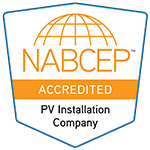


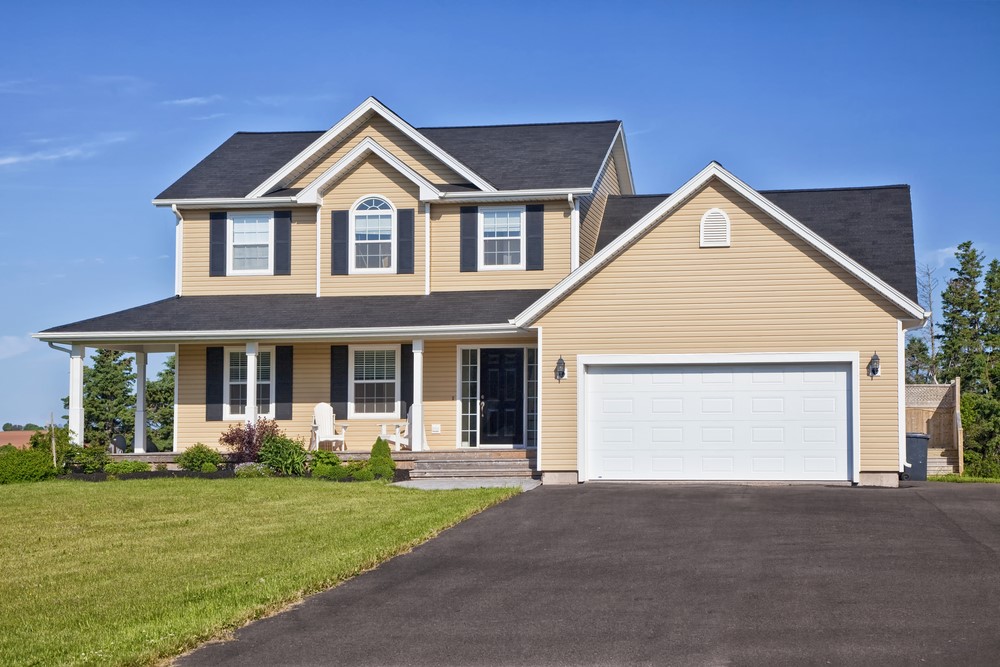
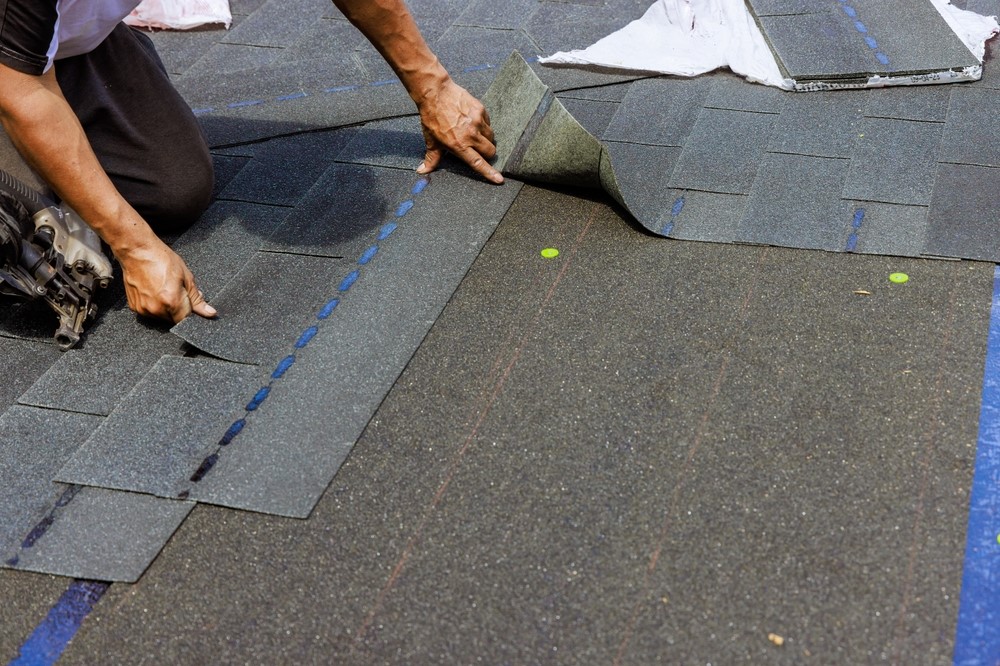
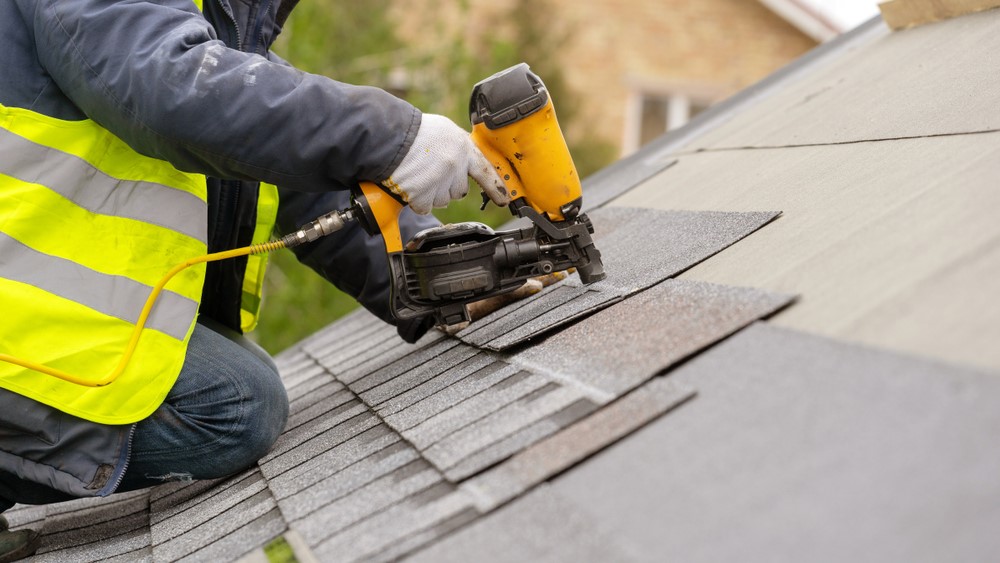
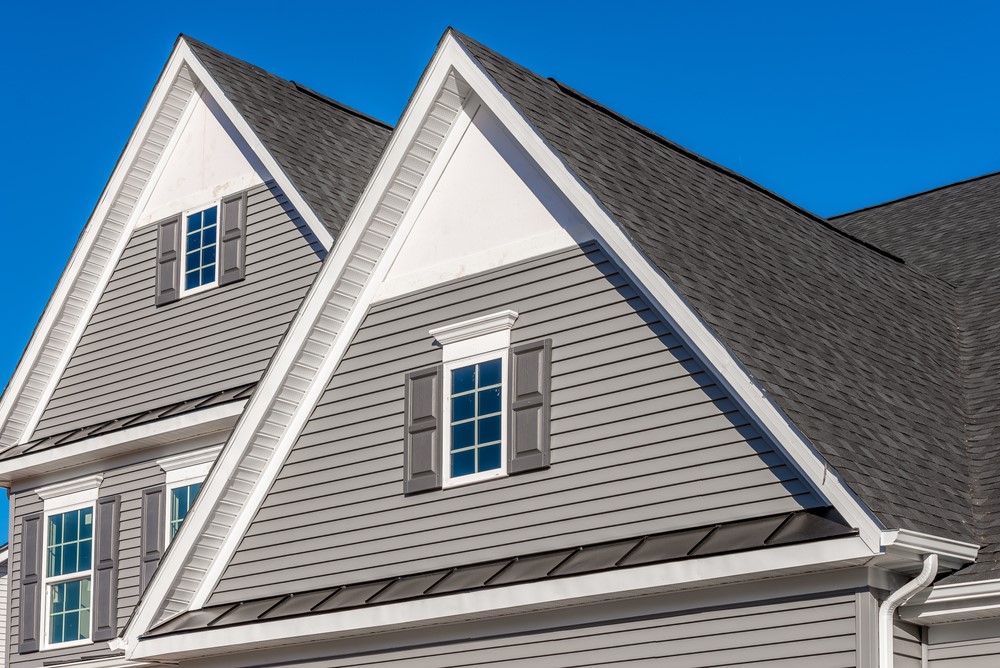

Comments